Glutathione is antioxidant produce in cells. It comprises largely of three amino acids glutamine, glycine, and cysteine.
Glutathione levels in the body may reduce by a number of factors, including poor nutrition, environmental toxins, and stress.
In addition to producing naturally by the body, glutathione can be given intravenously, topically, or as an inhalant.
In fact, It’s also available as an oral supplement in capsule and liquid form.
Especially, oral ingestion of glutathione may not be as effectiveTrusted Source as intravenous delivery for some conditions.
Glutathione: Benefits & Effects
Glutathione: Reduces oxidative stress
Oxidative stress occurs when there’s an imbalance between the production of free radicals and the body’s ability to fight them off.
Too-high levels of oxidative stress may be a precursor to multiple diseases.
These include diabetes, cancer, and rheumatoid arthritis.
Glutathione helps stave off the impact of oxidative stress, which may, in turn, reduce disease.
Glutathione: May improve psoriasis
A small studyTrusted Source indicated that whey protein, when given orally, improved psoriasis with or without additional treatment.
Whey protein had been previously demonstrated to increase gluten levels.
Study participants were given 20 grams as an oral supplement daily for three months. Researchers stated that more study is needed.
Glutathione: Reduces cell damage in alcoholic and nonalcoholic fatty liver disease
Cell death in the liver may exacerbate by a deficiency in antioxidants, including this.
Improves insulin resistance in older individuals
Study findings indicate that low gluten levels is associate with less fat burning and higher rates of fat storing in the body.
Older subjects had cysteine and glycine added to their diets to increase these levels.
Which spiked within two weeks, improving insulin resistance and fat burning.
Increases mobility for people with peripheral artery disease
Peripheral artery disease occurs when the peripheral arteries become clogged by plaque. It most commonly happens in the legs.
One study reported that glutathione improved circulation, increasing the ability of study participants to walk pain-free for longer distances.
Reduces symptoms of Parkinson’s disease
One older study documented intravenous glutathione’s positive effects on symptoms such as tremors and rigidity.
While more research needs, this case report suggests that glutathione may help reduce symptoms, improving quality of life in people with this disease.
May help fight against autoimmune disease
According to one source, glutathione helps reduce oxidative stress by either stimulating or reducing the body’s immunological response.
Autoimmune diseases attack the mitochondria in specific cells.
It works to protect cell mitochondria by eliminating free radicals.
May reduce oxidative damage in children with autism
Several studiesTrusted Source, including a clinical trial reported in Medical Science MonitorTrusted Source, indicate that children with autism have higher levels of oxidative damage and lower levels of gluten in their brain.
This increased susceptibility to neurological damage in children with autism from substances such as mercury.
May reduce the impact of uncontrolled diabetes
A study found that dietary supplementation with cysteine and glycine boosted gluten levels.
It also lowered oxidative stress and damage in people with uncontrolled diabetes, despite high sugar levels.
Study participants place on 0.81 millimoles per kilogram (mmol/kg) of cysteine and 1.33 mmol/kg glycine daily for two weeks.
May reduce respiratory disease symptoms
N-acetylcysteine is a medication that use’s to treat conditions such as asthma and cystic fibrosis.
In fact, as an inhalant, it helps to thin mucus and make it less paste-like. It also reduces inflammation


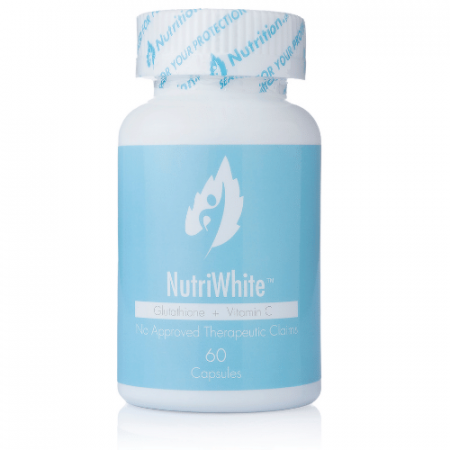
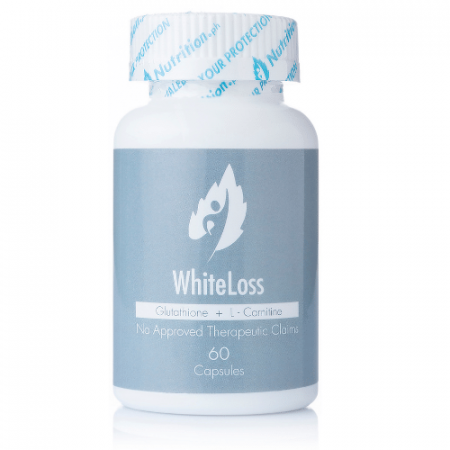
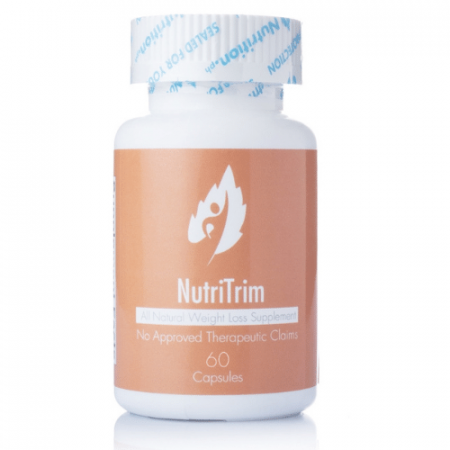
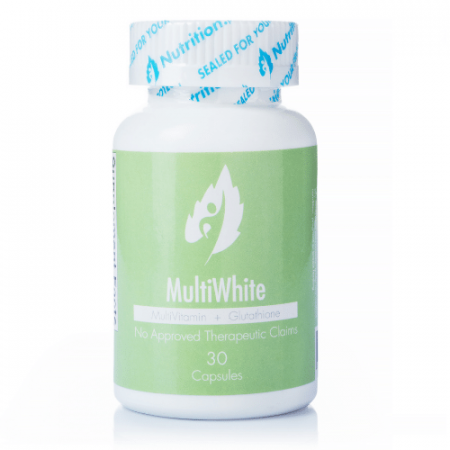
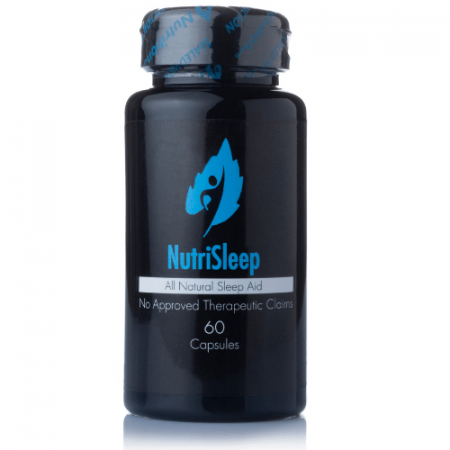

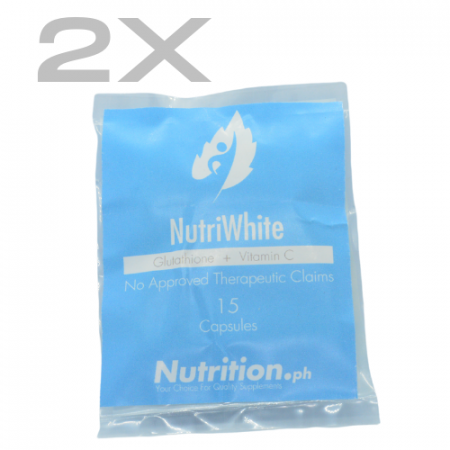
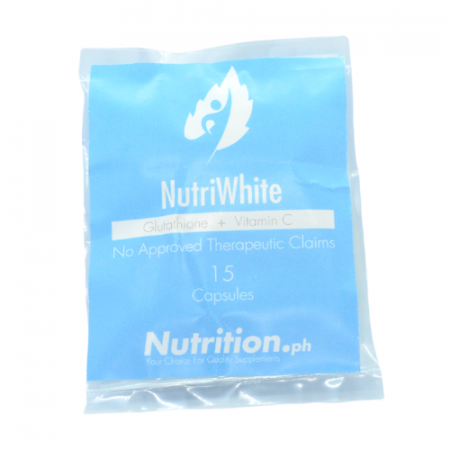

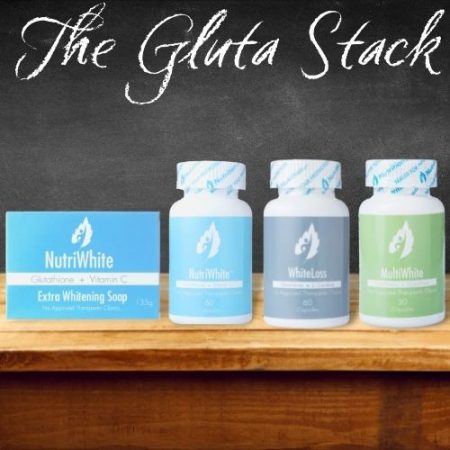


I appreciate the information you stated here. More power to your blogging career